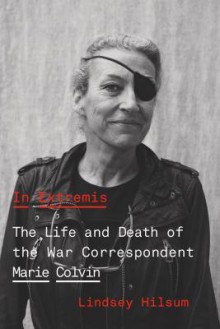
I thought it would be interesting to read about the young life of a crown prince; this is a time of life usually skated through quickly in biographies, but since this particular Prince of Wales (Henry Stuart, 1594-1612) died at age eighteen, the whole book is about his young life.
Unfortunately, the book is quite dry: perhaps proof that historical figures’ childhoods aren’t meant to be given this much attention, or perhaps just due to the author’s writing. Henry didn’t actually get to do very much, and there’s a lot of information about the large number of people around him, most of whom come across as relatively interchangeable in their portrayals, alongside descriptions of court entertainments, etc. When the author dips into the European politics and warfare at the time, though, it’s still presented in a dry manner, though I learned a bit from it.
Fraser is clearly enamored of Henry, which I suspect is common for biographers – especially if they aren’t guaranteed bestsellers, it probably is a labor of love – but it was not an affection that translated itself to this reader. Of course it’s always sad when a teenager dies (here, probably of typhoid fever), but Henry comes across as a militant Protestant eager to go make war on Catholics and colonize anybody he could. Yes, he was a boy, but with the power of monarchy and surrounding himself by people who thought the same, he likely would have carried all this into adulthood.
Also, a quick grammar lesson: when you write things like “Bleeding from the womb, the queen’s ladies crowded round and led her away,” you are saying that all the queen’s ladies are bleeding from the womb, not the queen, who is the one actually miscarrying here. Unfortunate sentence structures like this appear throughout the book.
So, while this is a short book (only 266 pages of text followed by endnotes), it took me awhile to read as I rarely had much desire to pick it up. I did learn some things about the time period and found some of the details interesting, and certainly Fraser seems to have a thorough knowledge of her subject and to have located numerous primary sources. But it was a bit of a drag and I can’t say I got much out of it in the end. Perhaps a group biography of Henry along with some other family members or close associates might have been a better way to go.

 Log in with Facebook
Log in with Facebook 










